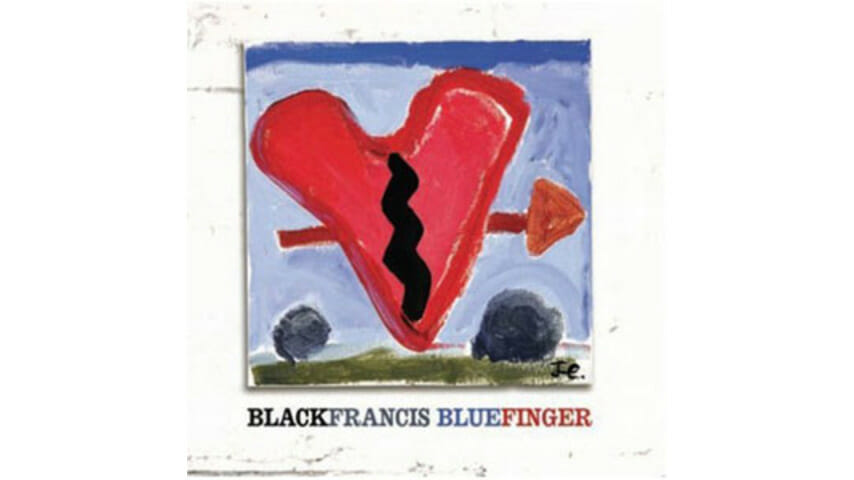Black Francis: Bluefinger

If you were to scrutinize the last 20 years of music looking for a unique face, one an artistic cut above the rest of the crowd, Charles Michael Kittredge Thompson IV would not stand out. Stark white, squat-framed and stout in stature, Thompson is superficially unremarkable. Standing in a line-up, you might be inclined to scan over him and continue looking for someone with a glitter-glazed blazer. A fantastic pompadour, perhaps.
But you would be completely wrong.
-

-

-

-

-

-

-

-

-

-

-

-

-

-

-

-

-

-

-

-

-

-

-

-

-

-

-

-

-

-

-

-

-

-

-

-

-

-

-

-








































